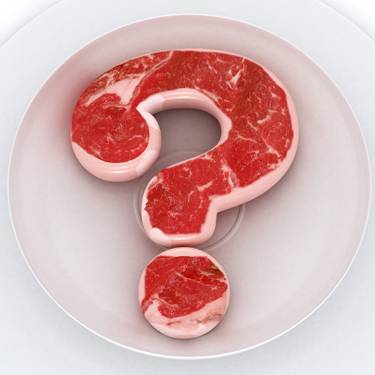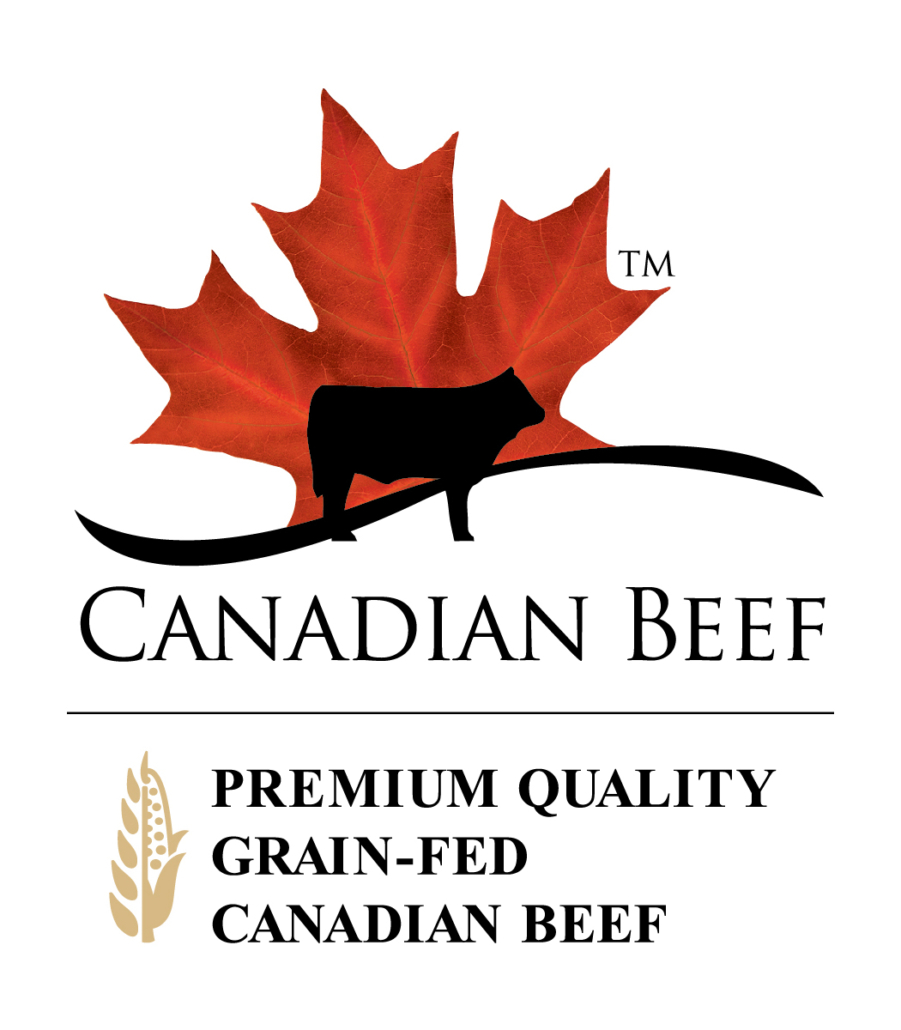How much protein should I eat?
By Karine Barlow, RD
How much protein should I eat?
 [youtube http://www.youtube.com/watch?v=-nvSlYRRq8s?list=PLH-IrjqODaPUfoFeAA8VAwlWRHvh_yeO5&w=560&h=315]
[youtube http://www.youtube.com/watch?v=-nvSlYRRq8s?list=PLH-IrjqODaPUfoFeAA8VAwlWRHvh_yeO5&w=560&h=315]
The answer is more than you think! Recently back from what some call the “Olympics of Nutrition Conferences”, this post reflects on the amazing symposium I attended (and helped organize) at the International Congress on Nutrition, in Grenada, Spain.
The symposium “Protein requirements for optimal health throughout all life stages” brought four nutrition ‘superstars’ together to discuss latest and cutting edge developments in protein nutrition. And it helps us better understand how we should answer the question «how much protein is enough?»

Here is a summary of the work they presented:

Professor Paul Moughan, from Massey University’s Riddet Institute in New Zealand
Professor Paul Moughan, from Massey University’s Riddet Institute in New Zealand, recently chaired the FAO Expert Consultation on protein, making him an impressive opening speaker in the 4-speaker line-up.
Describing protein quality accurately is a fundamental need in many nutrition activities and helps us to understand what foods are good quality proteins and which are less so. Professor Moughan explained that to date, the most commonly used method to measure protein quality has been a system called the PDCAAS (protein digestibility corrected amino acid score).
Less than ideal on several counts, the PDCAAS method has been revised and is being replaced with a new measure called DIAAS (dietary indispensable amino acid score).
With this improved measurement method, animal proteins score fairly consistently higher than plant proteins, even for soya bean (previously assumed to be similar to animal proteins in protein quality). This marks a significant step forward in describing the true quality of protein sources, and in particular, the differences in protein quality between plant and animal sources. This system is in its implementation phases and revised / true protein quality scores for various foods will be published over the next couple of years! We at Canada Beef, look forward to that 🙂

The next three symposium presentations examined the protein requirements of specific population groups. Our three speakers were Professors Rajavel Elango, from our own University of British Columbia in Vancouver, Nancy Rodriguez (University of Connecticut) and Caryl Nowson (Australia’s Deakin University).
So often in nutrition we say ‘some is good, but more is not necessarily better’. Protein requirements might just be the exception to this rule! Each of the speakers presented evidence that current recommendations underestimate true requirements, and likely by a fair bit!

Professor Rajavel Elango
I was reminded protein is required for thousands of functions in the body; if we’re not consuming enough protein, the body has to use up muscle to free up protein for metabolic purposes. I also learned more people will suffer a ‘fragility fracture’ in their life than a heart attack!
All three speakers reinforced there are good reasons to rethink our protein advice as dietitians. Recommending increased protein intakes seems to be a consistent finding in the research, and making sure to consume protein throughout the day another important component.
In summary, the researchers recommend at least two meals a day (if not all three) should contain 25-30g of high quality protein, to maximize health at all stages of life.
The entire symposium was filmed. For a DVD copy of the event e-mail Karine at kbarlow at canadabeef dot ca.
[youtube=http://www.youtube.com/watch?v=y4QCvgQRUUM&w=420&h=315]
Update (Oct. 17th): Check out Registered Dietitian Jennifer Sygo’s recent article on ‘Protein Washing»
More on protein:
Healthy Weights
Studies show that our bodies naturally burn a few more calories when we eat protein-rich meals. Eating plenty of protein-rich foods may also help to reduce fat around the middle during weight loss and help you maintain a healthy weight.
Manage the Munchies
Eating protein-rich foods, like lean Canadian beef, at meals and snacks can help you feel full and satisfied–that helps you manage the munchies and eat less. And when you eat less, you usually lose more weight.
Heart Health
Researchers have found higher protein intakes may help lower risk of heart disease. Higher protein intakes may also reduce high blood pressure.
Diabetes
Studies show weight loss diets rich in lean protein can help improve blood glucose (sugar) levels. That’s good news if you want to lower your risk for diabetes.
How Much Protein?
Adults can safely consume 10 to 35% of daily calories from protein. That works out to be about 50 to 175 grams of protein for an adult who eats 2,000 calories per day.
Most Canadian adults intakes are around 17%. That means most of us can enjoy more protein-rich foods, which might just boost our health!
Foods such as red meat, poultry, fish, eggs and milk products provide high quality “complete” protein. These foods are found in the Meat and Alternatives and Milk and Alternatives food groups.
Eating Well with Canada’s Food Guide recommends adults enjoy each day:
- 2-3 servings of Milk and Alternatives
- 2-3 servings of Meat and Alternatives
Put Lean Protein on Your Plate
Pump up the protein in your meals with these simple, tasty ideas.
Breakfast
Add lower fat cheese and lean meat to an omelet.
Top your cereal with a small handful of nuts and seeds.
Spread some nut butter (almond, peanut) on an oat bran bagel.
Make a yogurt smoothie with frozen bananas and berries.
Lunch
Top a salad with strips of steak, tuna, chickpeas, or hardboiled eggs.
Enjoy an open-face sandwich with roast beef or turkey, tomato and a slice of lower fat cheese.
Go for some sushi. Enjoy miso soup as a starter.
Dinner
Add some shrimp or tofu and a handful of sesame seeds to a stir fry.
Stuff whole grain tortilla wraps with cooked lean ground beef, shredded cheese, salsa, lettuce, avocado and a spoonful of plain yogurt.
Enjoy a glass of milk with your meal.
Good To Know Some popular diets recommend extreme shifts in protein, carbohydrate and fat intakes. Many health experts caution about he potential negative effects of extreme diets. A healthy balance of foods from each of the four food groups is best.





Dejar un comentario
¿Quieres unirte a la conversación?Siéntete libre de contribuir!